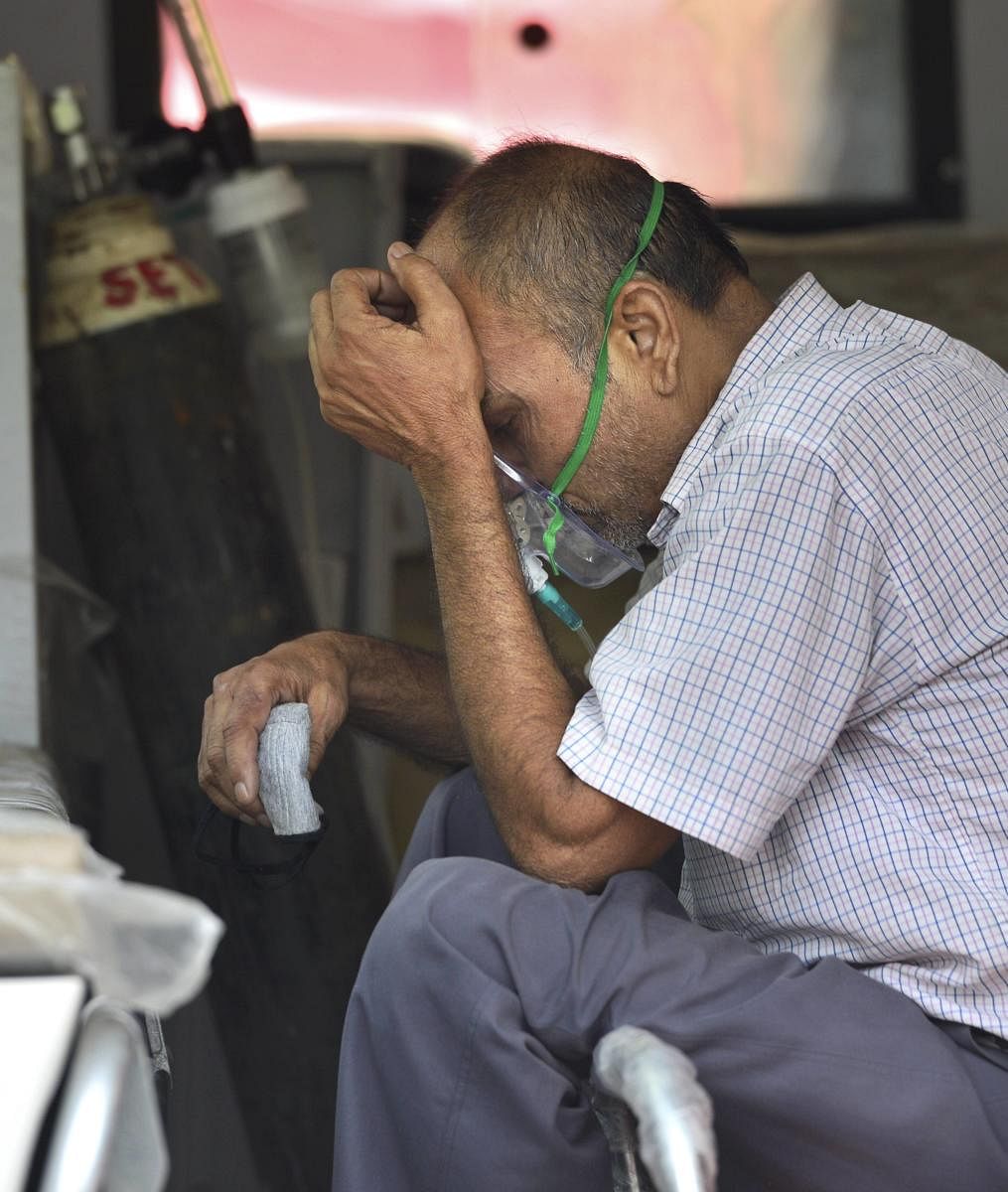
The Indian healthcare is facing a double whammy due to the coronavirus. On one hand those who have comorbidities like diabetes, hypertension, respiratory troubles and heart complications are at higher risk. But it was precisely these diseases, whose treatment was massively neglected in the last three months.
A recent survey conducted by the World Health Organisation brings out the reality. Carried out in 155 countries including India, the survey finds that in 94% of countries the health staff working in the area of noncommunicable diseases (NCDs) were partially or fully reassigned to support Covid-19.
The consequence is that more than half (53%) of the countries surveyed have partially or completely disrupted services for hypertension treatment; 49% for treatment of diabetes and diabetes-related complications; 42% for cancer treatment, and 31% for cardiovascular emergencies. Rehabilitation services have been disrupted in almost two-thirds (63%) of the countries, even though rehabilitation is key to a healthy recovery following severe illness from Covid-19, the global health body said in a statement earlier this week. However, it didn’t disclose the performance of individual nations.
The most common reasons for discontinuing or reducing services were cancellations of planned treatments, a decrease in public transport availability and lack of staff because health workers had been reassigned to support Covid-19 services. In 20% countries, one of the main reasons for discontinuing services was a shortage of medicines, diagnostics and other technologies.
Unsurprisingly, there appears to be a correlation between levels of disruption in services for treating NCDs and the evolution of the Covid-19 outbreak in a country. Services become increasingly disrupted as a country moves from sporadic cases to community transmission of the novel coronavirus. As the case load rises, the adverse impact on regular healthcare services gets bigger.
“As the burden of Covid-19 cases increases in India, the health systems are under pressure to cope with this demand. India has a large number of people with noncommunicable diseases who would need regular monitoring and continuum of care. There is an urgent need for health systems to address the disruptions in care for NCDs that the pandemic poses. While telemedicine is a promising alternative, over reliance on technology platforms alone without close integration into health systems and system level responses in rural and remote areas are a major public health disaster in the making,” Oomen John, a senior public health specialist from The George Institute, India told DH.
In the absence of a national registry on the NCD, there isn’t much publicly available information from India as yet, but people from all over the country bear testimony to the reality that in the last three months regular live-saving services like dialysis, chemotherapy and blood transfusion have become unavailable to many. Most of the private hospitals, nursing homes and private clinics shut their OPD and other services. Despite several appeals from the government, many are yet to resume their operations fully. A lot of elective surgeries were either cancelled or postponed.
A study published in the British Journal of Surgery last month showed that during the 12 peak weeks of the Covid-19, more than 48,700 surgeries were cancelled every week in India, which translates into 584,000 procedures over the entire period (globally the number was 28.4 million). Nearly 60% of the cancer surgeries planned were postponed amounting to over 51,000 cancer operations that could not be conducted.
“Delayed or postponed surgeries might result in tumours being upstaged and reaching the operation table at a later stage than they would have ordinarily. The delays may also move a lot of patients from the curative to palliative stage. Both these scenarios may adversely affect long-term survivals and possibly lead to worse outcomes”, Dhruv Ghosh, surgeon at Christian Medical College, Ludhiana, India and member of the Global Surgery Research Collaborative at the University of Birmingham commented in a report published in the Lancet.
Every year, more than one million new cases of cancer are reported in India. Since most hospitals are in big cities, people from rural areas often have to travel long distances for treatment and follow-up. Even though the Union Health Ministry asked the states to keep non-Covid-19 related essential health services running, few patients could access these services with no means of transport. Some hospitals remain close either due to Covid-19 infection among staff or as a matter of abundant precaution bordering on panic reaction.
The scenario is more or less same in other key areas like tuberculosis treatment as well as mother and child health. Both are likely to see a steep rise in caseload and mortality as an indirect consequence of the pandemic.
